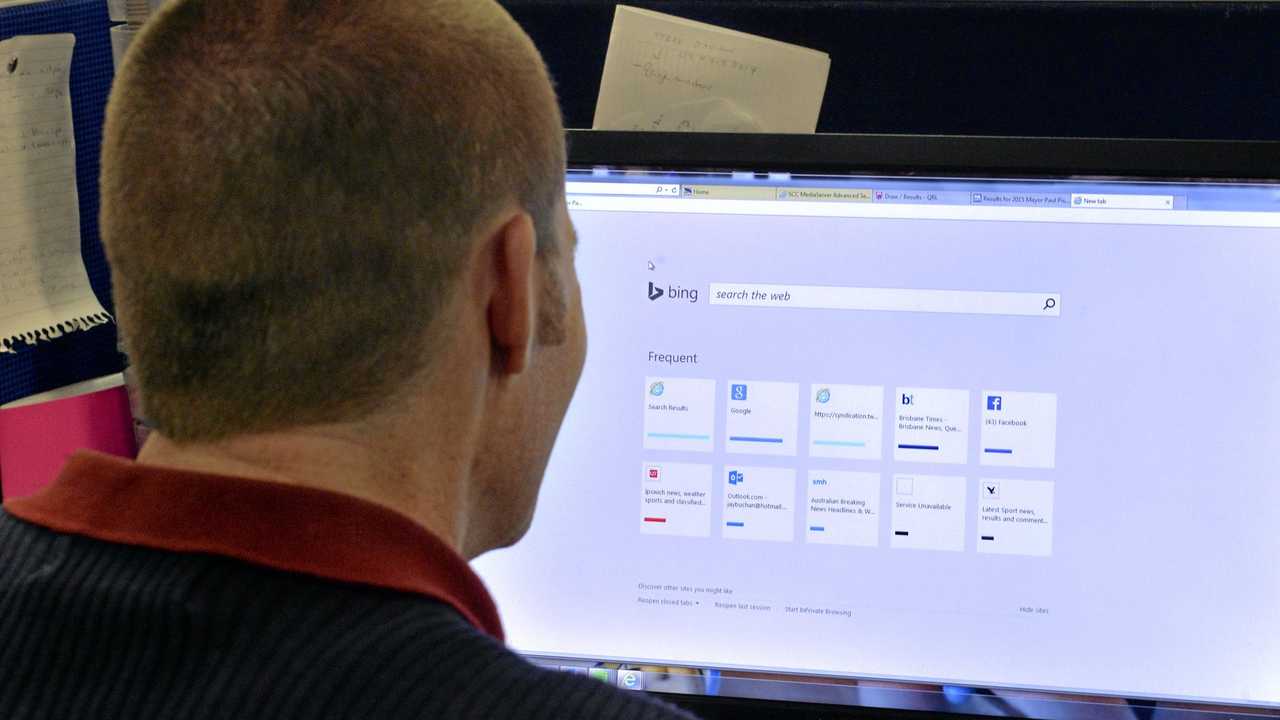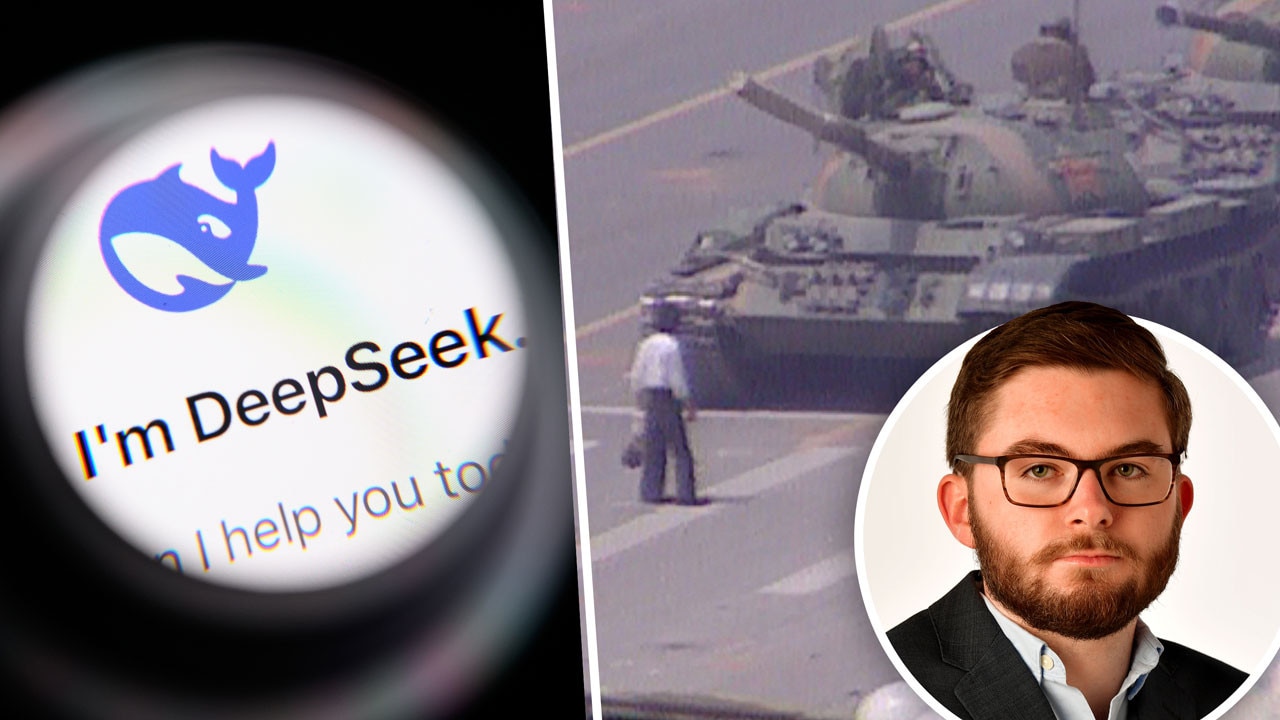WEB WOES: Why you're giving away more online than you think
IMAGINE someone tells you to get 100 manila folders and in each of them print out and place a copy of all of your personal information.

Opinion
Don't miss out on the headlines from Opinion. Followed categories will be added to My News.
IMAGINE someone tells you to get 100 manila folders and in each of them print out and place a copy of all of your personal information.
Then they tell you to take these portfolios and walk down the main street and hand them to the first 100 people you see.
Not only would you feel uncomfortable and exposed but this also may even put you at personal risk.
We are talking things like who you care about, what and where you eat, when you are on holidays and away from your home for a long time, recent expensive purchases you have made etc.
This activity and these factors are what we are offering out to the world when we are using the internet and more specifically social media.
This isn't to say that social media and the internet are bad - the idea is only to demonstrate that we as humans are willing to trade our privacy for convenience and connectedness.
Most of us like Facebook reminds our friends of our birthday or that Siri remembers where we live.
Many people would not feel that this is a trade-off and that we aren't making a conscious choice to donate our privacy, but this is exactly what we are doing.
The world of technology has offered to remove friction from our lives and in order to help us, it needs our personal information.
Looking over the horizon with the mass uptake of speakable technology, this topic will only compound.
If we ask Siri to order us an Uber we want it to know where we are.
When we ask Google to get three pizzas delivered, we want it to know what flavours and from which company.
I for one welcome the frictionless transactions and assistance of the future.
However I also believe we should be conscious that it comes at a price beyond the dollar figure.
We are trading privacy for convenience, so let's make it a conscious choice and not be left unaware.
Originally published as WEB WOES: Why you're giving away more online than you think






